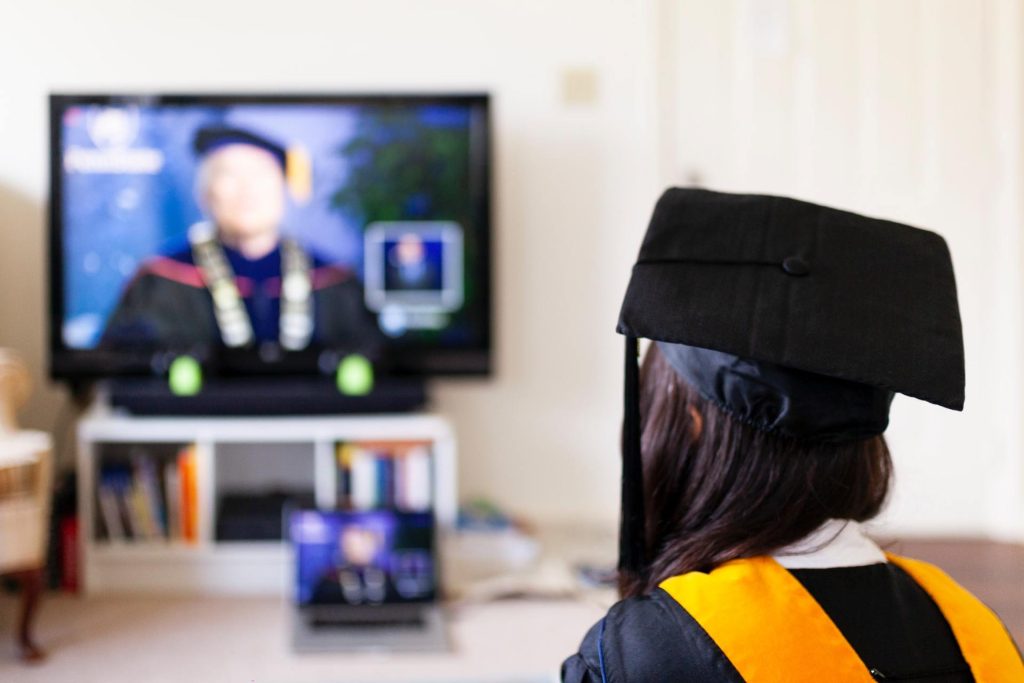When is Eid al-Fitr?
In 2024 Eid al-Fitr is today! That being Wednesday 10th April.
Eid al-Fitr is celebrated during the tenth month of the Islamic calendar, and similar to Easter focuses on the phases of the moon. It begins with the sighting of the new moon and is sometimes celebrated for three days. Muslims use a lunar calendar, therefore the Gregorian date of Eid al-Fitr changes annually, with Eid being eleven days earlier each year. Some Muslims choose to celebrate Eid al-Fitr when the new moon first appears over Mecca instead of their own locations.
What is Eid al-Fitr?
Eid al-Fitr marks the end of Ramadan, a month long period of fasting, it is also known as the ‘festival of breaking the fast’. As well as the five daily prayers, a very important optional practice is to gather for additional communal prayers after the night prayer each night of the month, called Tarawih.
What is Ramadan?
Ramadan is one of the five pillars of Islam (the Five Pillars are the core beliefs and practices of Islam) and Eid al-Fitr is significant in celebrating the end of this very intense month of fasting, prayer and self-reflection. Fasting entails abstaining from food and drink between dawn and sunset.
Muslims believe that it was during Ramadan, on the “Night of Power” (usually commemorated on the 27th night) that God revealed to the Prophet Muhammad (PBUH) the Qurʾān, Islam’s holy book, “as a guidance for the people.” God forgives the past sins of those who observe the holy month with fasting, prayer, and faithful intention.
It is important to note that each person can experience the challenges of Ramadan differently.
Some people can be excused from fasting temporarily or permanently. It can be uncomfortable to be asked if you are fasting as there are many reasons to not be joining in and you may not want to give the reason. In a health emergency, one can break their fast. Individuals excused from fasting can either make up the fast later in the year or feed the needy as a charitable work around.
Traditions – Eid Mubarak!
These can vary from culture to culture, and country to country. However, as well as fasting, prayer and charitable practices it is also a time for socializing, visiting family and friends, and increasing acts of worship. Giving thanks to God is core, and this is why on the morning of Eid, Muslims offer a special congregational Eid prayer.
In the last days of Ramadan, the head of each family is obligated to pay a charitable tax, known as Fitra or Zakat Al Fitr. This is to help those who are less fortunate within the community.
Dressing up in their best, often brand-new clothes and sometimes decorating their houses for the occasion. Muslims will greet one another on Eid day by saying ‘Eid Mubarak’ and often families will exchange gifts and money.
Wherever you are, however you celebrate I wish you EID MUBARAK!


